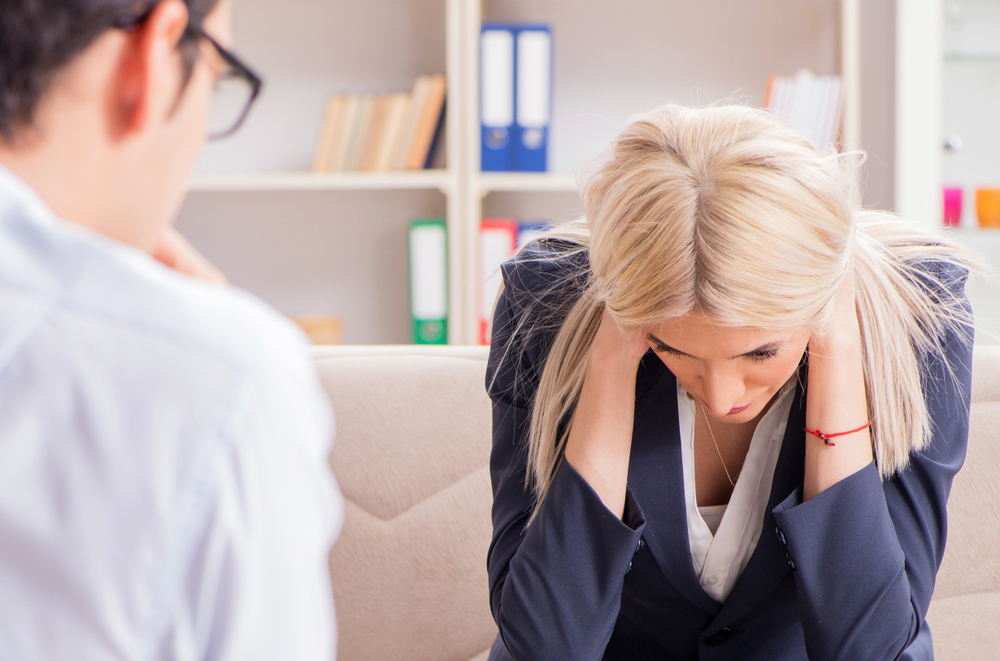Anxiety is considered as a kind of defense mechanism that enables quick decisions about the problems encountered in daily life.
However, when it increases too much, it makes the person unable to do anything and this can turn into anxiety disorder, which is one of the psychological diseases. This psychological illness, which affects 25% of the U.S population and lowers the quality of life, can be brought under control by appropriate treatments initiated on time and the majority of patients can recover their health.
Decreases The Quality of Life
People with anxiety disorders have a constant, excessive, and unfit concern. Excessive worry can adversely affect a person’s daily life and even prevent him from continuing his usual life activities. There is no good possibility for them or a return. In anxiety disorders, extreme worry and anxiety is often related to health, family, money or work. This uncontrollable state of worry lasts almost every day for at least six months. Since anxiety sensitivity increases with age, it is mostly seen in the elderly and also in adolescence.
Stress is an Important Factor in The Emergence of The Disease
Stress plays a crucial role in the development of anxiety disorders. Occurs from time to time with healing and flaring up. If it starts between childhood and adolescence periods, it progresses slowly and insidiously. In this period genetic predisposition, changes in brain neurochemistry, personal characteristics and stressful life are effective in the emergence of anxiety disorder.
Beware If You are Described as Being Worrywart by Your Surroundings!
An excessive and uncontrolled state of anxiety, which does not identify with the situation even if there is no real cause or even a cause, is the main symptom of anxiety disorder. Most of the time, the person is aware that their worries are excessive. However, she/he cannot control this anxiety and cannot calm down. These people are described by their surroundings as worrywart.
20 Symptoms of Anxiety Disorders
- Increased blood pressure and heartbeat
- Myotonia
- Tremor
- Pupil growth
- Fading of the skin or efflorescence
- Sweating
- Going to the toilet frequently
- Gagging, burping, vomiting
- Globus hystericus
- Needing outdoors
- Feeling of dizziness
- Numbness and tingling
- Sleeping disorder
- Unrest
- Tizzy
- Worry
- Difficulty collecting / forming thoughts
- The mind’s sense of stopping
- Losing control
- The fear of death
Psychiatrist Support for Treatment is Important
The first thing to do in the treatment of anxiety disorder is to consult a psychiatrist. In addition to a comprehensive psychiatric and psychologist assessment at the first admission, some assessments are made to determine whether these symptoms are caused by any physical illness. Psychotherapy or drug treatments may be used after the evaluation. The efficacy of applying one or both of these methods together has been proven. It should be determined by the specialists which type of treatment is appropriate, and the person should not use any medication on his/her own. Otherwise, greater psychological problems may arise. The majority of people treated for anxiety disorders heal.

